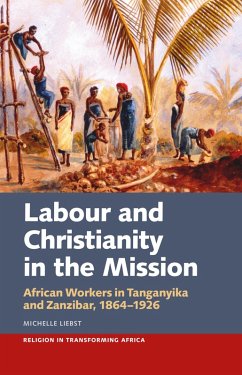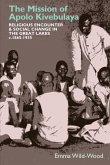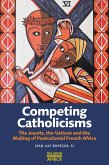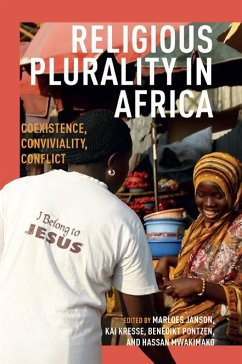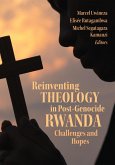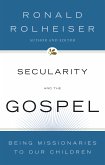Important and broadening study of the way Africans engaged with missions, not as beneficiaries of humanitarian philanthropy, but as workers.
The important role missions played as places of work has been underexplored, yet missionaries were some of the earliest Europeans who tried to control African labour. African mission workers' roles were not just religious and educational, as they were actively involved, not always voluntarily, in building and domestic work. Focusing on the Anglican Universities' Mission to Central Africa (UMCA) in Tanganyika and Zanzibar in the late 19th and early 20th centuries, Michelle Liebst shows how missionaries both supported and undermined the livelihood trajectories of Africans. Revealing the changing nature of relations over time between missionaries - who referred to themselves as "workers" - and the African mission workers, including teachers and priests - whom missionaries referred to as "helpers" - reflected broader political transformations, and this innovative study of missions' role in society adds a critical dimension to our understanding of their function and socio-economic impact and the history of Christianity in Africa.
The important role missions played as places of work has been underexplored, yet missionaries were some of the earliest Europeans who tried to control African labour. African mission workers' roles were not just religious and educational, as they were actively involved, not always voluntarily, in building and domestic work. Focusing on the Anglican Universities' Mission to Central Africa (UMCA) in Tanganyika and Zanzibar in the late 19th and early 20th centuries, Michelle Liebst shows how missionaries both supported and undermined the livelihood trajectories of Africans. Revealing the changing nature of relations over time between missionaries - who referred to themselves as "workers" - and the African mission workers, including teachers and priests - whom missionaries referred to as "helpers" - reflected broader political transformations, and this innovative study of missions' role in society adds a critical dimension to our understanding of their function and socio-economic impact and the history of Christianity in Africa.
Dieser Download kann aus rechtlichen Gründen nur mit Rechnungsadresse in A, D ausgeliefert werden.

